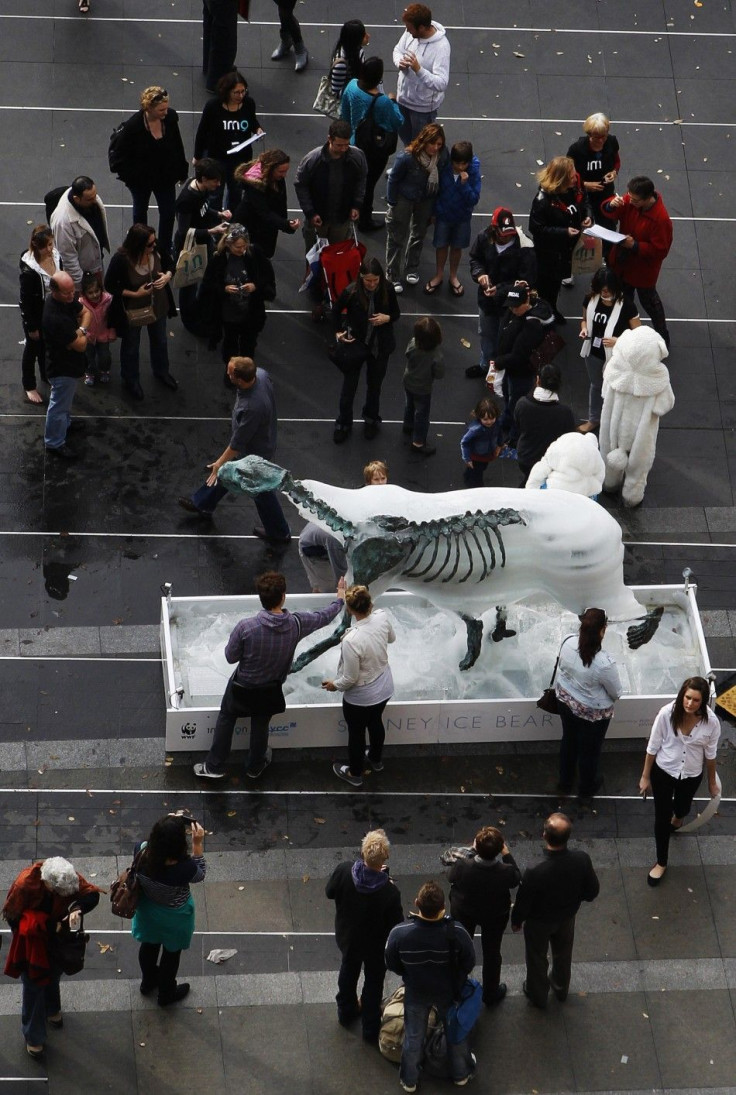Climate Change Will Bring 'Sudden and Abrupt' Shocks Worldwide: U.N. Expert

A senior United Nations official warned that climate change could become a catalyst for sudden and abrupt shocks worldwide and have far-reaching implications for global stability and security. Achim Steiner, executive director of the U.N. Environmental Program, told the U.N. Security Council Wednesday that natural resources are at risk.
There can be little doubt today that climate change has potentially far-reaching implications for global stability and security in economic, social and environmental terms which will increasingly transcend the capacity of individual nation states to manage, Steiner said. An effective response, he said, is critical.
Steiner also told the Security Council that climate change may sharply intensify the displacement of people, bringing communities into increasing competition for finite natural resources with worldwide repercussions for the stability of the global economy. Competition over scarce land and water are catalysts for conflicts in regions such as Darfur, the Central African Republic, northern Kenya, and Chad, Steiner added.
Steiner also said that rapid increases in rates of population growth will further intensify this problem, and that the rate of warning over the last 50 years of 0.13 degrees Celcius per decade was almost twice that of the last 100 years. A recent study showed that the global sea level is expected to rise by at least one meter by the end of the centry.
A one-meter rise in sea level could, for example, flood 17 per cent of Bangladesh's land area; threaten large parts of coastal cities such as Lagos, Cape Town and elsewhere and overwhelm, along with storm surges, small island developing States from the Maldives to Tuvalu, he said.
In 2010, an excess of 90 percent of disaster displacement of people was caused by climate-related problems such as floods and storms. These types of weather events are expected to increase in frequency.
© Copyright IBTimes 2025. All rights reserved.





















